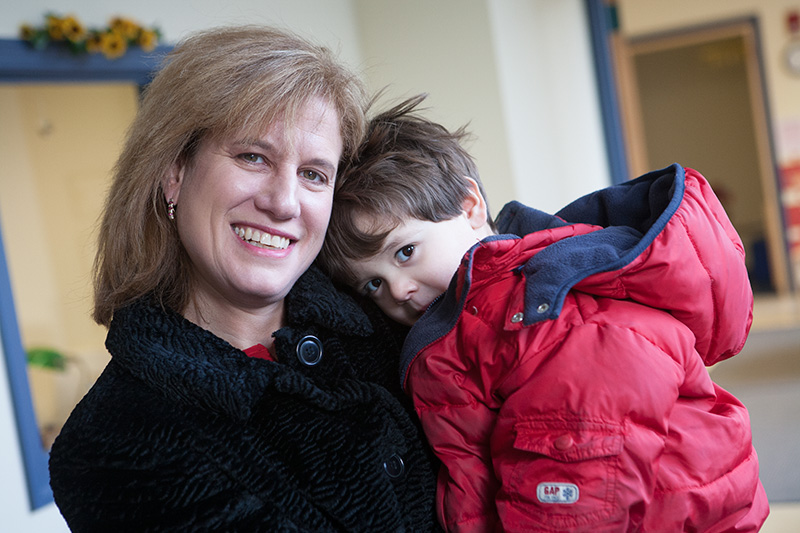A few weeks ago, I closed the door on more than 2 decades in the classroom. After spending 81% of my life in school, I'm very excited to enter the workforce especially after spending the last 4 years studying it. I just received my doctorate in industrial-organizational psychology, a field that focuses on enhancing organizations through improving its employees' well-being and performance.
While my profession may be unknown to some, my level of education is becoming less surprising. According to the Brookings Institution, 34% of 25-29 year olds held a bachelors, masters, professional, or doctoral degree in 2013. That's the highest rate recorded since they began measuring it in 1968.
So there I go, fulfilling one of an infinite number of Millennial statistics and often, stereotypes. Although high education levels may lead you to assume Millennials will enter the workforce with high entitlement and low loyalty, that's the opposite of what I am feeling right now. In fact, I am eager to learn. While I have gained a wealth of knowledge through school, there is so much more to being successful that can only be obtained on the job and I am ready to start this new form of education. Despite having a Ph.D., I know that the respect and trust of my colleagues does not come immediately upon graduation, so I am happy to put in the hours to earn it.
These findings are encouraging, given the large number of Baby Boomers that are expected to retire in the coming years. The potential skills gap could be reduced if Millennials' desire to learn is maximized through formal and informal training.
A final characteristic consistently found in surveys and studies of generation Y is the desire to make a difference in the world or to have a positive impact on society. While I definitely hope that one day I will, for now I'm excited to be in the workforce earning my keep and continuing to learn, just as many of my fellow Millennials.
It is through this lens that I plan to continue blogging, bringing you insights and information about the Millennial experience in the workforce, firsthand from a newly minted industrial-organizational psychologist.
While my profession may be unknown to some, my level of education is becoming less surprising. According to the Brookings Institution, 34% of 25-29 year olds held a bachelors, masters, professional, or doctoral degree in 2013. That's the highest rate recorded since they began measuring it in 1968.
Millennial Education and the Workplace
Millennials are the most educated generation ever. This trend is likely due to higher income returns from a college education, as well as many young people choosing to wait out the recession and lack of jobs by staying in or returning to school.So there I go, fulfilling one of an infinite number of Millennial statistics and often, stereotypes. Although high education levels may lead you to assume Millennials will enter the workforce with high entitlement and low loyalty, that's the opposite of what I am feeling right now. In fact, I am eager to learn. While I have gained a wealth of knowledge through school, there is so much more to being successful that can only be obtained on the job and I am ready to start this new form of education. Despite having a Ph.D., I know that the respect and trust of my colleagues does not come immediately upon graduation, so I am happy to put in the hours to earn it.
Millennials are Motivated
My feelings are supported by research conducted at the University of Houston, where it was found that Millennials working at an organization had higher levels of motivation to learn overall. They were also more motivated to apply the training they had been given to their work, compared to their Gen X colleagues.These findings are encouraging, given the large number of Baby Boomers that are expected to retire in the coming years. The potential skills gap could be reduced if Millennials' desire to learn is maximized through formal and informal training.
Let's Give Millennials a Chance
So many character traits are associated with Millennials many of which conflict so it can be difficult to know how to handle our entrance and presence in the workplace. However, I believe when given high expectations and opportunities to grow their skillset, Millennials will contribute greatly to an organization.A final characteristic consistently found in surveys and studies of generation Y is the desire to make a difference in the world or to have a positive impact on society. While I definitely hope that one day I will, for now I'm excited to be in the workforce earning my keep and continuing to learn, just as many of my fellow Millennials.
It is through this lens that I plan to continue blogging, bringing you insights and information about the Millennial experience in the workforce, firsthand from a newly minted industrial-organizational psychologist.





